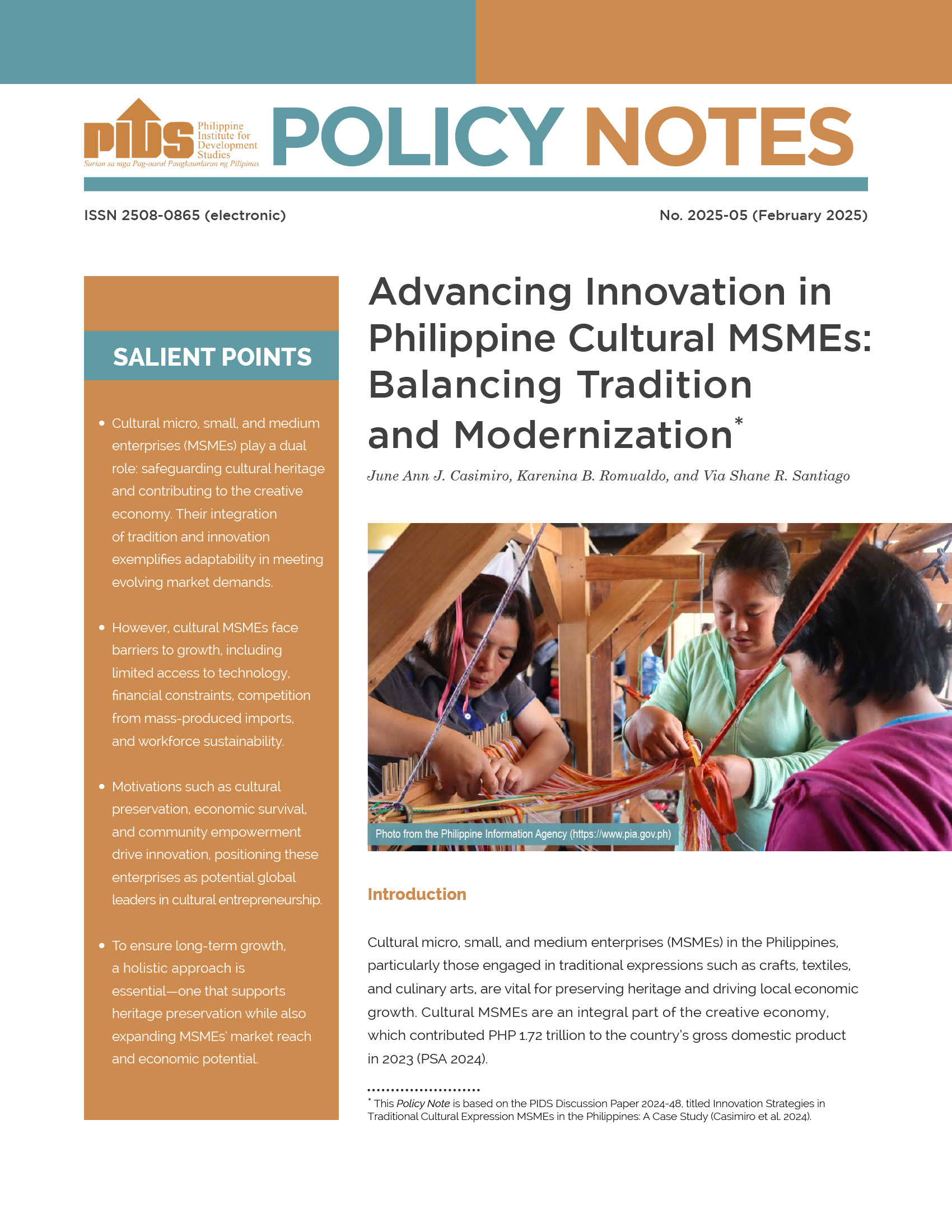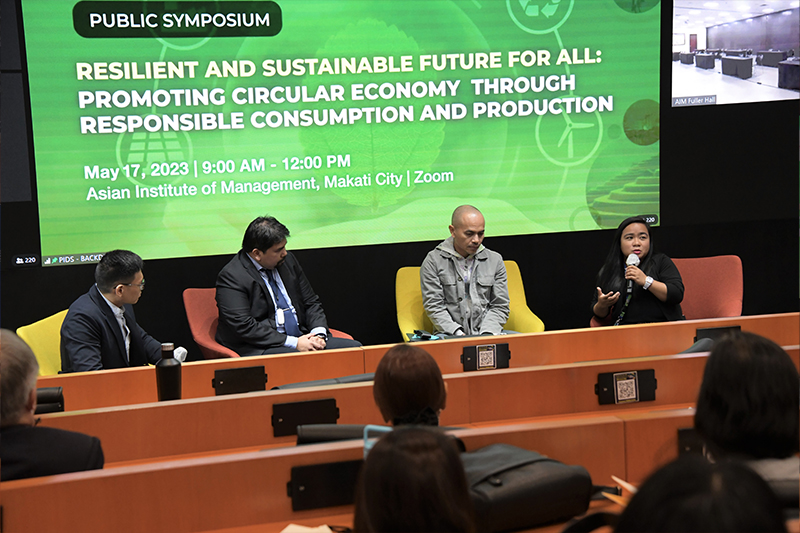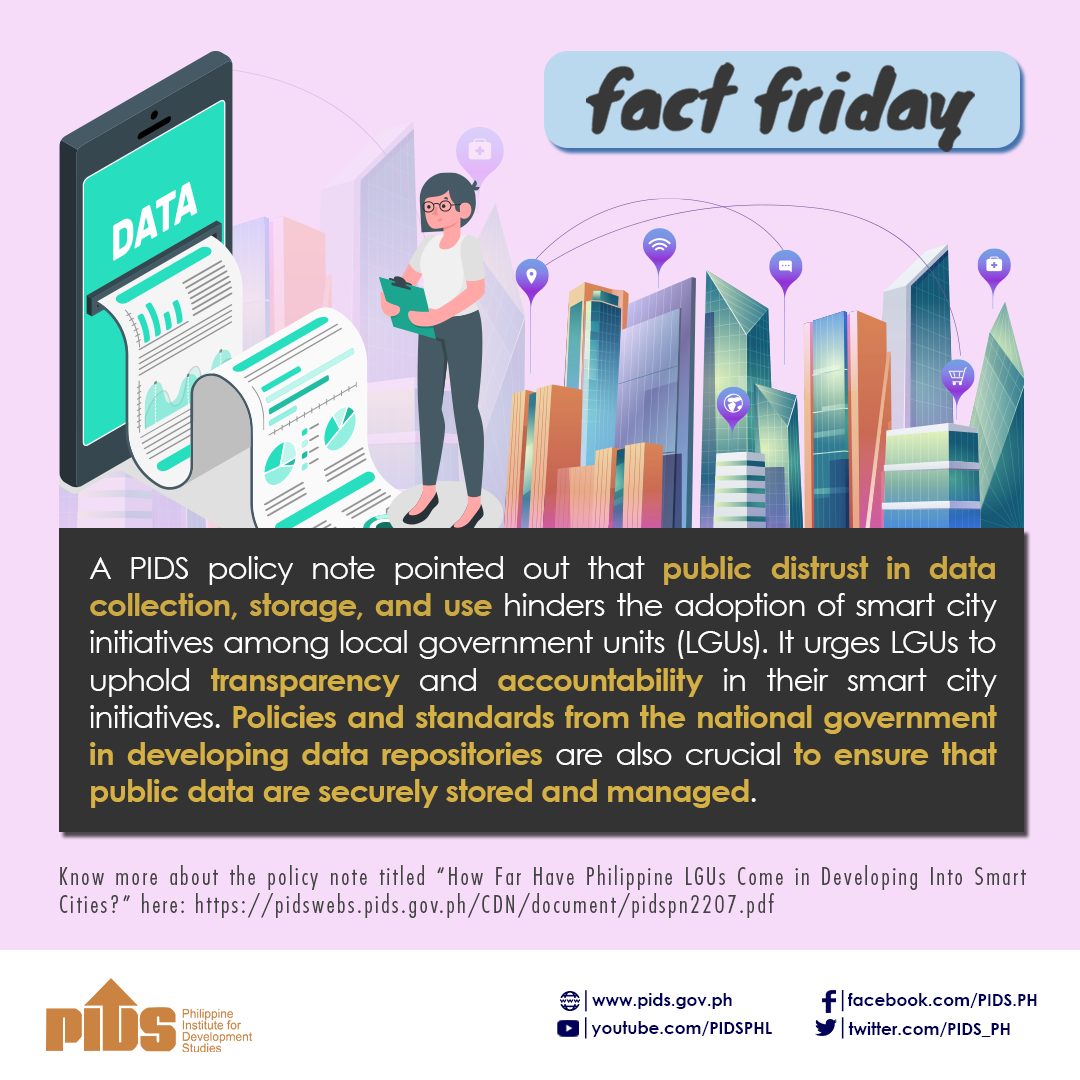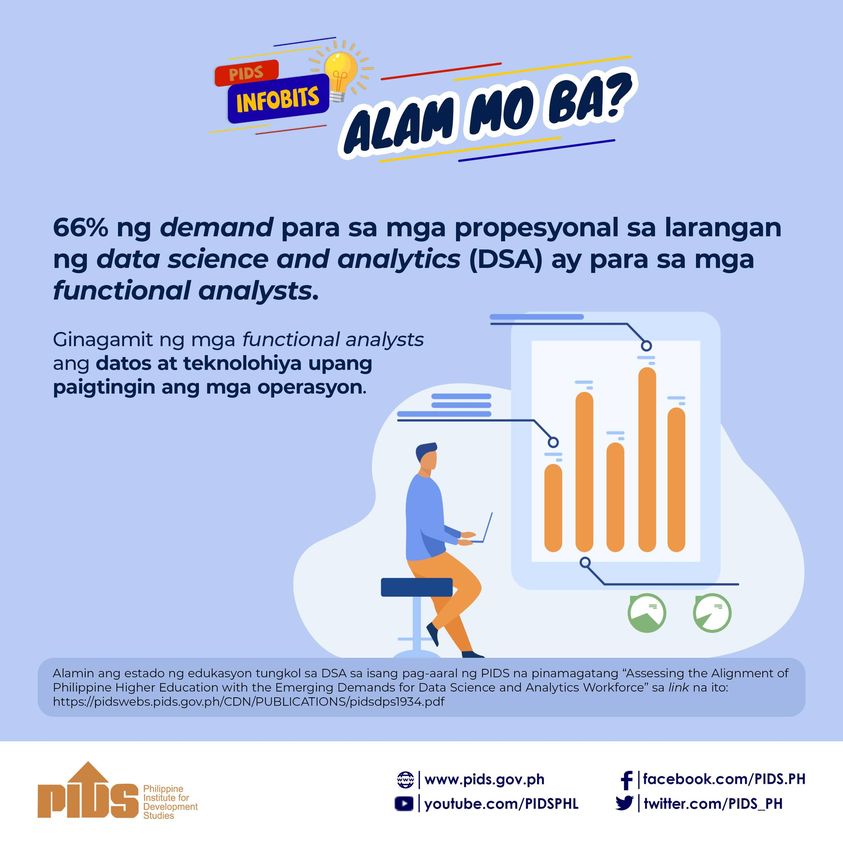China, Japan, South Korea, Hong Kong and the US are the top five trading partners the government wants to prioritize when it comes to adoption of electronic exchange of data and documents, according to a feasibility study by the Bureau of Customs (BOC) and United Nations (UN) Economic and Social Commission for Asia and the Pacific (ESCAP).
Among the top import/export partners of the Philippines, these economies were chosen by the co-chairs of the Philippine Trade Facilitation Committee—Department of Finance and Department of Trade and Industry—and members BOC and Bureau of International Trade Relations, according to the National Feasibility Study on Cross-border Electronic Exchange of Trade-related Data and Documents conducted by ESCAP consultant Dennis Pantastico.
The study published on September 4 assesses the feasibility of implementing electronic exchange of trade-related data and documents between the Philippines and potential partners in the Asia-Pacific region.
In terms of documents, the electronic certificate of origin (e-CO), electronic-export single administrative document (e-export SAD), and electronic phytosanitary (e-Phyto) certificate were identified as priorities for cross-border exchange.
A CO, or Form D, is an international trade document attesting that goods in a particular export shipment are wholly obtained, produced, manufactured, or processed in a particular country.
The Philippines has already joined the live exchange of e-CO with members of the Association of Southeast Asian Nations (ASEAN). The study said “it is expected that expanding the coverage of the electronic exchange of the certificate of origin with non-ASEAN Trading Partners would boost global market access for the Philippines and provide tremendous benefits for exporters and manufacturers in the country.”
It added the “push toward e-COs would give the SMEs a better opportunity to participate in global trade.”
Expanded digitalization of the e-CO to non-ASEAN trading partners is also seen to cut customs clearance time and eliminate unnecessary administrative burdens, saving time and money for traders.
On export declaration, BOC has joined the live electronic exchange of the ASEAN customs declaration document with several ASEAN member states. Similarly, the study said expanding the coverage with non-ASEAN trading partners would further improve BOC’s risk targeting and profiling activities on a wider, more global scale.
In June 2024, the Philippines successfully conducted the exchange of the e-Phyto certificate with Indonesia through the ASEAN Single Window, followed by the exchange with Thailand in July
- “This would allow the BOC to expand the exchange of the e-Phyto to other regional trading partners, and bilateral exchange with non-ASEAN countries,” the study said.
It noted cross-border exchange of the three documents with the five priority partners “would be complementary with the Marcos administration’s Philippines Development Plan 2023-2028, which seeks to build on the gains the country has achieved in the past two decades, while being mindful of the setbacks that have been caused by the pandemic.”
The study added: “The plan’s overarching goals are to reinvigorate job creation and accelerate poverty reduction by promoting trade and investment, enhancing competition and improving regulatory efficiency, expediting digitalization, supporting the creation of dynamic innovation ecosystems, and enhancing and investing in digital and physical connectivity, among others.”
The Philippines, however, “needs to improve its cross-border exchange of trade-related data/documents with partner economies, such as for the e-CO, e-export SAD, and the e-Phyto certificate” as such efforts “will be complementary with the thrust of the current Philippines administration in improving trade partnership with China, Japan and Republic of Korea, and contribute to addressing the low utilization rates of the FTAs [free trade agreements] with these trading partners.”
The Philippine Institute of Development Studies (PIDS) earlier recommended an evaluation of FTAs with Japan and South Korea, given the low utilization rates of Philippine exporters in availing the preferential rate for products originating from the Philippines. PIDS noted the government should particularly look into leading products traded with Japan and South Korea under general tariffs, as well as their respective tariff margins in the Philippine FTAs, and how the utilization of certificates of origin benefits the three countries.
“Such analysis would complement efforts to advance digitalization of the cross-border exchange of the e-CO, electronic export declaration, and e-Phyto certificate,” the study noted.
Moving forward, the study recommended several actions as the Philippines continues to advance its capabilities in cross-border paperless trade. These include building capacity among stakeholders, passing a law that covers digital data governance and paperless trade, the use and enhancement of the National Single Window platform, and leveraging on modern technology, among others.












